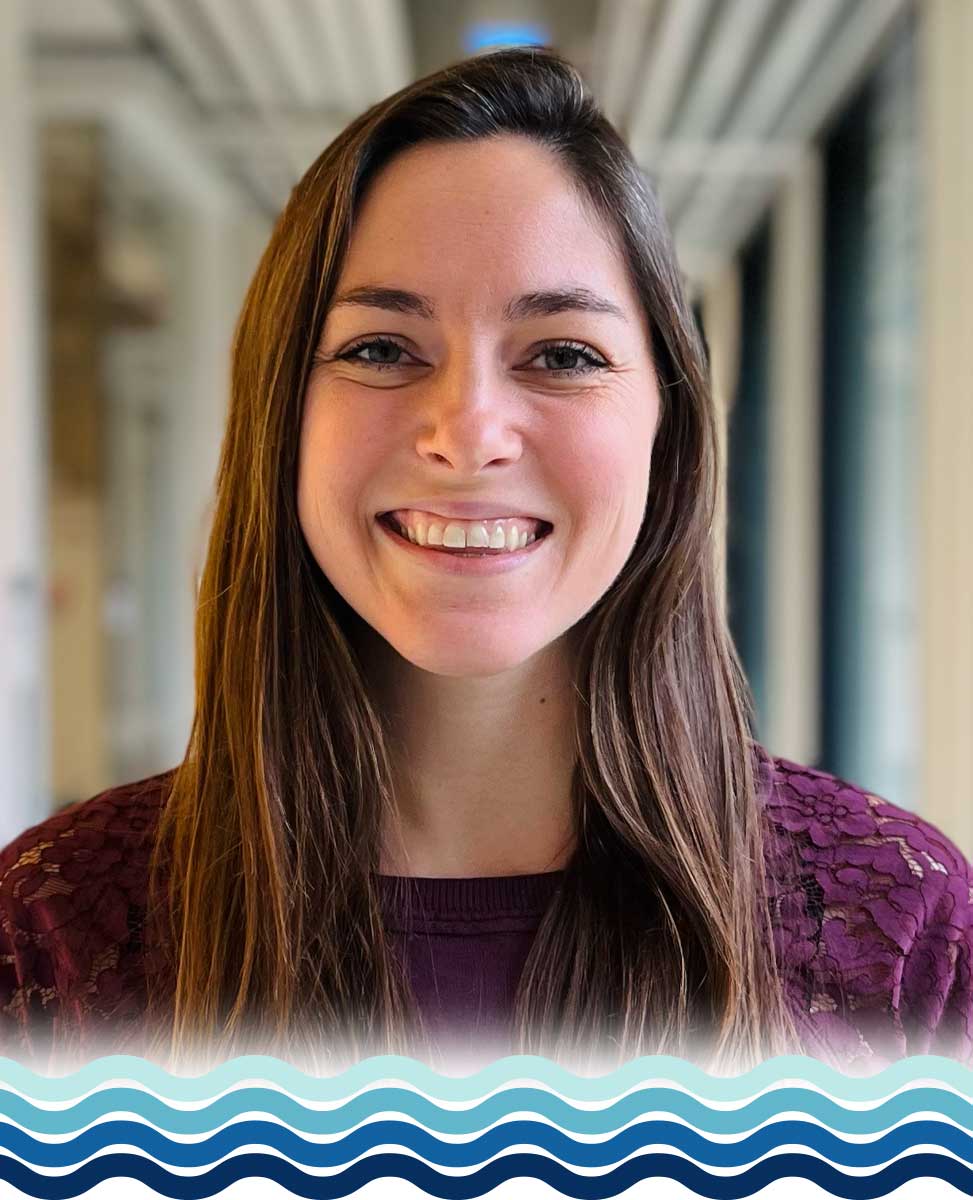Kira Podolsky
Postdoctoral Fellow
Massachusetts Institute of Technology
Talk Information
18 June 2025, 09:20am - 09:30am, in the Pacific Jewel Ballroom
L37-YI8 – A Peptide can Replace an Essential Enzyme in Yeast

Dr. Kira Podolsky is a postdoctoral researcher in the laboratory of Professor Ronald T. Raines at the Massachusetts Institute of Technology. Her postdoctoral work bridges the fields of synthetic biology and enzymology, focusing on the development of a peptide catalyst that can perform the function of an essential enzyme in eukaryotic cells. She is particularly interested in the chemical origins of life, aiming to understand the role of compartmentalization and the interplay of prebiotic peptides, lipids, and RNA in facilitating the emergence of life on Earth.
Education
Dr. Podolsky earned her B.S. in Biochemistry from Western Washington University in Bellingham, WA. She studied x-ray crystallography under the mentorship of Professor P. Clint Spiegel. She completed her Ph.D. in Chemistry at the University of California, San Diego, where she worked under the mentorship of Professor Neal Devaraj, investigating the structure and function of synthetic biomimetic compartments.
Professional Experience
Dr. Podolsky worked as a postbaccalaureate researcher at the NCI in Bethesda, MD with Professor Sriram Subramaniam (now at UBC). There, she structurally characterized universal influenza vaccine candidates using cryo-electron tomography. Following her doctoral work, Dr. Podolsky joined the Raines Lab at MIT, where she continues to explore the chemical origins of life through a top-down approach. Her postdoctoral work focuses on the design of peptide catalysts and their characterization in vivo and in vitro.
Research Contributions
Dr. Podolsky has contributed to the development of synthetic cells and their potential use as cell models in human health and disease. Her interdisciplinary approach integrates synthetic chemistry, molecular biology, and structural analysis.
Notable Publications
Her work has been published in Nature Microbiology, ACS Chemical Biology, and Nature Reviews Chemistry, including recent first-author studies on semi-synthesis of transmembrane proteins on synthetic cell membranes.
Speaking Engagements
Dr. Podolsky has presented her research at national meetings of the American Chemical Society and the Protein Society, and will be one of the Young Investigators at the 2025 American Peptide Society's symposium in San Diego.
Peptide catalysts conceivably facilitated the emergence and maintenance of cellular biology at the origins of life. Their functions may have been similar to large protein enzymes in modern cells.
Here, we report the first discovery of enzyme mimetic peptide catalysts that sustain eukaryotic life. We designed peptide libraries to complement the function of an essential enzyme, protein disulfide isomerase, PDI, in Saccharomyces cerevisiae. Two genetically encoded peptide catalysts, both 24 amino acids long, maintain S. cerevisiae survival in the absence of PDI. Their capacity to keep pace with rapid cellular functions therefore implicates peptide catalysts as evolutionary precursors to enzymes.

